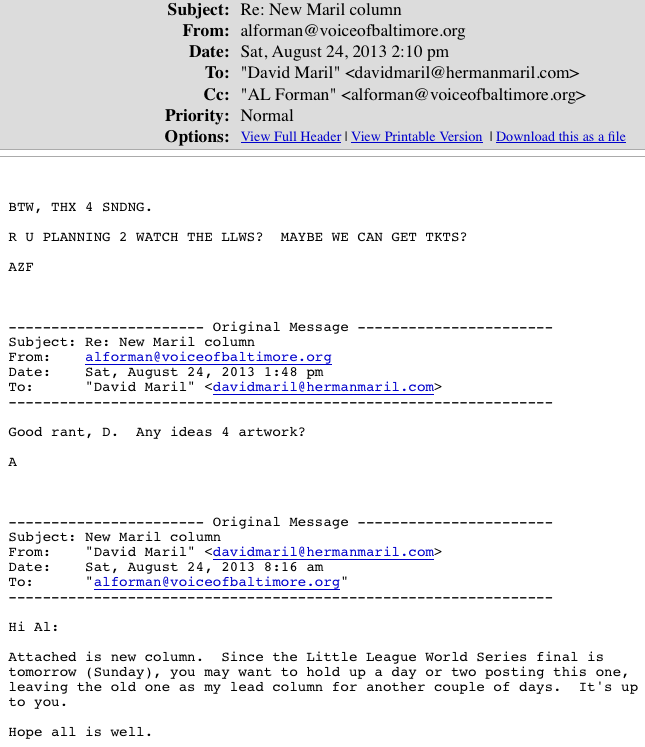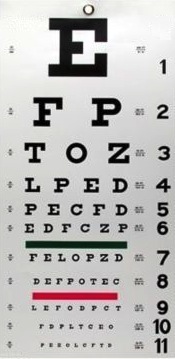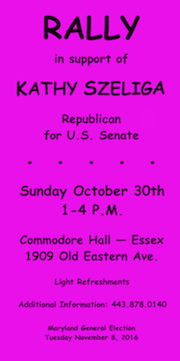HAS BECOME A LOST ART
IN THE COMPUTER AGE
Name abbreviation equals
poor communication
in the extreme
‘I.P.’ WRITTEN FOR VoB BY ‘D’
By David Maril
The more sophisticated we become with communication technology the more primitive and impersonal our messaging seems to be.
Emailing and texting have grown into the preferred way of communicating among people often just sitting just a few feet apart. Now, fueled by the obsession of texting, while driving or doing something else that should require full attention, a style of typing-shorthand is replacing the written word.
Critics from older generations have been complaining for years that kids today no longer learn how to write anything out by hand or finish a complete sentence. Pens, pencils and paper have become obsolete.
But the shift is more drastic than that. It’s to the point where few words even need to be spelled out anymore. In the interest of speed and haste, everything is a candidate for abbreviation.
It started with cutting down on the letters in words. Now, even names are shortened.
An amazing number of emailers sign their messages just using the first letter of their first names. On any given day, you can hear from T., W., S., C., J. or even A. If you receive a thank-you message from L., you may also get a “tks” — for thanks — if lucky.
Granted, this letter-for-names trend had been introduced by characters on popular television shows. Years back, the Baltimore-based “Homicide: Life On the Street” character Al Giardello (played by Yaphet Kotto) was called “G”. On “CSI: Miami” David Caruso’s Horatio Caine was “H.”
One problem, of course, is that you may know several people who have first names that begin with the same letter.
OK, maybe it’s too much to ask people to spend time actually writing out their names. But would it be too much, or too time-consuming, to use two or three initials? Wouldn’t it be interesting to hear from a computer-age JFK or FDR?
WILL WRITTEN COMMUNICATIONS RESEMBLE EYE-CHARTS?
But if time is so much of the essence and it’s inappropriate to put thought into any written communication, maybe we’ll soon resort to alphabet letters that convey little more than sounds. It won’t be long before written communications resemble eye-charts.
It’s no mystery why use of email grows. Emails are quick and easy to send. You instantly deliver a message or command and avoid questions or any form of interaction. If something is poorly written or doesn’t make sense, you just shrug it off as having been written in haste.The downfall here, however, is, the email you send shifts into the control of the recipient. That person can keep the email forever and use it, if you’ve written anything controversial, against you. Also, with the click of a mistaken command, it can be accidentally sent to thousands of people.
GROUP EMAIL FOR GENERAL ANNOUNCEMENTS
E-mails certainly are not all bad. Used properly, they offer an efficient and economical way of staying in touch with friends and business associates all over the world. A group email for general announce- ments makes sense. It can also be useful to get a policy down in writing so everyone has a record of it.
But what many of us find especially dehumanizing is the accepted work practice of emailing people who are sitting in the same room. Sometimes this is taken to extremes.
One of the worst examples I experienced occurred years ago on a newspaper I was working at when news of the death of our very well-liked managing editor reached the executive editor. Instead of coming out of his glass-enclosed office in the middle of the newsroom to make an announcement, he sent an email with the title “Sad News” to all of us sitting within 25 feet of his desk.
Half of the workers in the room, who hadn’t checked their emails right away, were chattering away until told to shut up by the people who had opened up the message. It was an impersonal and dysfunctional way of handling an emotional situation.
CAN’T TELL TONE OF VOICE FROM AN EMAIL
Too often, sensitive, complicated issues are discussed in emails that can make a bad situation worse. You can’t tell tone of voice from an email and frequently people jump to the wrong conclusions when they read an email.
Sometimes words appear more severe in print. I am certain that a great deal of confusion and misinterpretation can be avoided if the communication is done in a quick telephone call or a meeting face to face. Time is often wasted emailing back and forth trying to clarify an issue.
The same problem exists when texting. And of course we all know not to type our messages in all caps — that’s construed as yelling or screaming.
Public officials, working for us taxpayers, are using emails more and more to avoid having to talk to us.
A few years ago I was pulled over by a policeman on Cape Cod for not coming to a complete stop at an intersection where there wasn’t another car in sight. When the cop wrote out a $100 ticket, I decided to visit the local police station to introduce myself and hope if I explained to the chief that I had a clean driving record, he might change the ticket to a warning.
However, I was told by the desk sergeant the police chief only communicates with people by email when they come in off the street and want to see him.
I did make a personal appearance in court to contest the violation, and the ticket was dropped. Fortunately we are not quite at the point where all personal appearances have been replaced by emailing and texting.
davidmaril@hermanmaril.com
“Inside Pitch” is a weekly opinion column written for Voice of Baltimore by David Maril, who may be reached at the email address above. How else would you expect to communicate with him?
CHECK OUT LAST WEEK’S “INSIDE PITCH” COLUMN: click here
…and read previous Dave Maril columns by clicking here.








August 30th, 2013 - 11:35 PM
[…] Voice of Baltimore by David Maril. CHECK OUT LAST WEEK’S “INSIDE PITCH” COLUMN: click here …and read previous Dave Maril columns by clicking here. Filed under: Top Stories […]